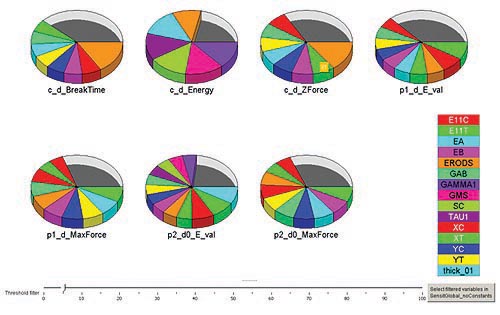The resin transfer molding (RTM) process can efficiently produce composite materials reinforced by continuous fibres and is often applied to products where lightweight strength components are required. This molding method consists of two molding processes: ‘Preforming’ and ‘Impregnation’. The manufacturing conditions need to be carefully set due to concerns about unintended problems such as defects, residual stresses and warping and so on. We have developed techniques to predict those problems through simulation.
This Webinar consists of two talks. Firstly, technique for analyzing the preforming of dry fabrics is presented. Not only changes in fibre orientation after shaping, but also the associated changes in the permeability coefficients, which has a strong influence on the subsequent resin infusion process, can be predicted.
The analysis techniques for the resin injection process are then presented. Resin flow analysis is carried out while taking into account the change in fibre orientation determined by the preforming process as an anisotropic permeability coefficient distribution. By carrying out these series of coordinated analyses, you will be able to predict the quality of your RTM molded product without excessive reliance on actual tests.
Agenda
15:00 – 15:30
RTM Simulation by Connecting Resin Flow with Preforming Process
Dr. Koji Yamamoto, Technology Specialist & Developer of Multiscale.Sim - CYBERNET SYSTEMS CO., LTD.
15:30 – 15:45
Moldex3D Composite Process
Mr. Bill Juang, Executive Assistant to Chairman - CoreTech System Co., Ltd.

